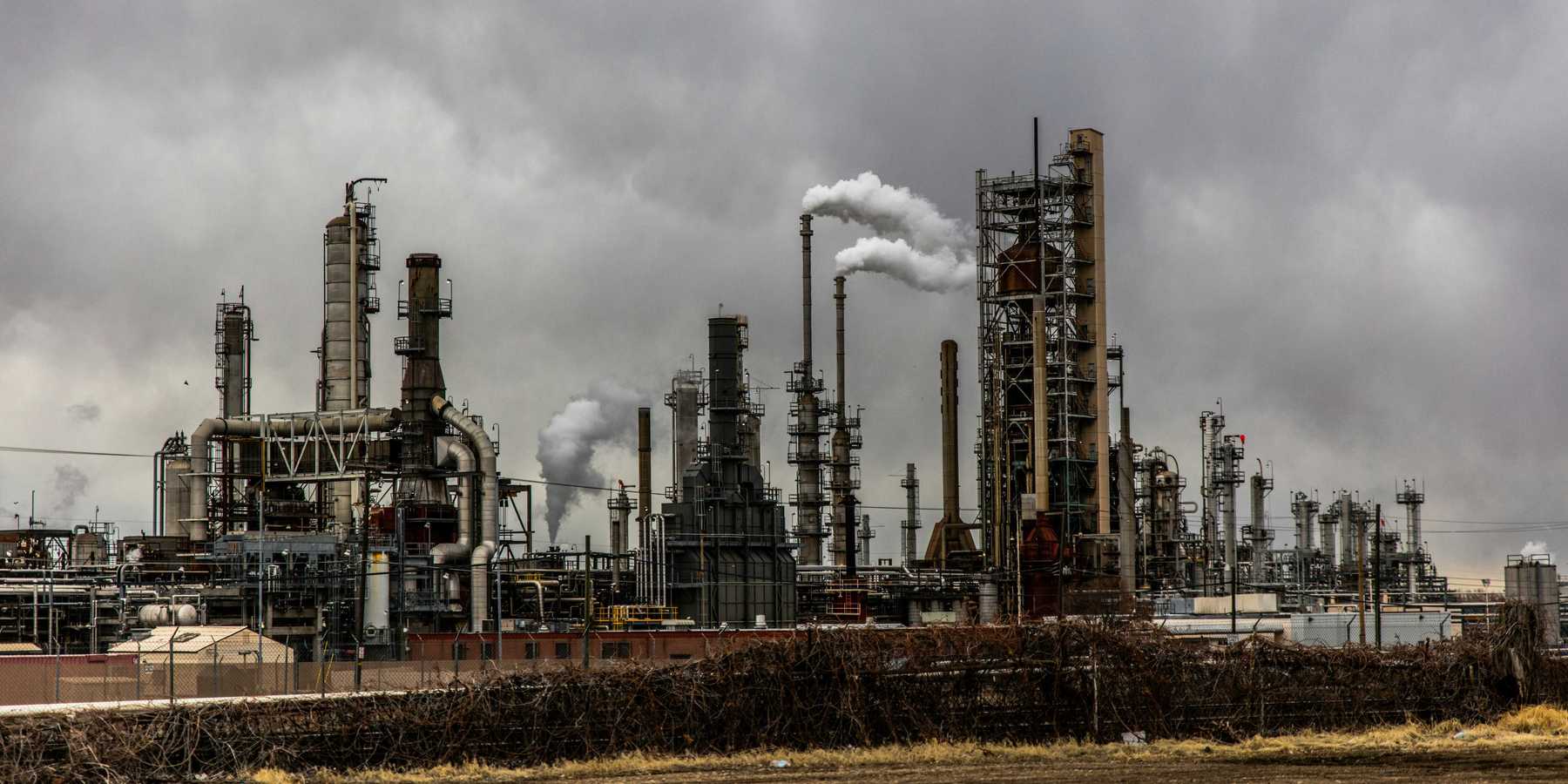CA may force companies to disclose climate impacts
Cal Matters writer Alejandro Lazo reports on groundbreaking legislation in California that would require large corporations to disclose their greenhouse gas emissions and report the financial risks they face from climate change.
In a nutshell:
The first bill would mandate about 5,300 US corporations earning over $1 billion and doing business in California to annually report their global emissions. The second bill would require more than 10,000 companies with revenues exceeding $500 million to detail how climate change poses financial risks to their operations worldwide. The proposed laws aim to increase transparency and hold corporations accountable for their contributions to climate change and the impact on their finances, but they face opposition from business groups concerned about accuracy and burdensome reporting requirements.
Key quote:
“Companies have virtually no control over how their customers use their products and services. But they have a great deal of control over the emissions in the products and services they purchase," says Harvard professor Robert Kaplan.
The big picture:
As greenhouse gases trap heat in the atmosphere, they contribute to rising global temperatures, which in turn exacerbate air pollution and increase the frequency and severity of extreme weather events. This toxic combination leads to a host of health issues, including respiratory illnesses, cardiovascular problems, heat-related illnesses, and the spread of vector-borne diseases. In the past couple of decades, various organizations have been working towards establishing consistent guidelines for corporations to report their emissions and acknowledge the potential dangers they confront as temperatures continue to rise. This pursuit aims to create a standardized framework that enables accurate assessment of corporate environmental impact and the associated risks posed by climate change.
Read more at Cal Matters.
Be sure to read Hilary Beaumont's article that focuses on California's oil drilling setbacks - and whether these will protect people from toxic pollution.













